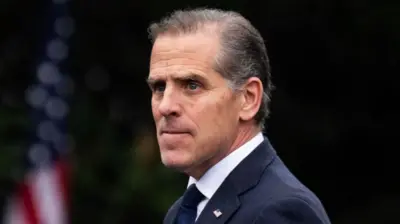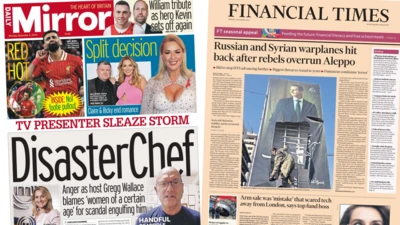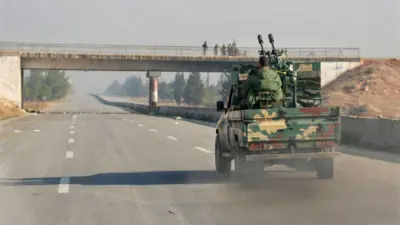We've updated our Privacy and Cookies Policy
We've made some important changes to our Privacy and Cookies Policy and we want you to know what this means for you and your data.
Boris Johnson and CBI call for tougher laws on strikes
The Mayor of London and the CBI have called for changes to the law governing strikes to make it harder for workers to take industrial action.
Boris Johnson wants the government to introduce legislation preventing action unless at least 50% of union members in a workplace take part in a ballot.
Meanwhile, the employers' body wants a minimum of 40% of union members balloted to be in favour of a strike.
The mayor's call coincides with a 24-hour strike on London Underground.
As the law stands, industrial action can take place even if only 1% of those polled respond - as long as there is a majority in favour.
The calls come as union leaders are urging mass action against the government's planned spending cuts.
'Business as usual'
Mr Johnson insists a law is needed to stop union leaders calling what he describes as capricious strikes on a minority turnout.
Speaking to the Conservative party conference in Birmingham, London's mayor said the current strike by London Underground workers was "nakedly and blatantly political".
He added: "I say to our legislators at Westminster that it cannot be right that a ballot can lead to strike action when less than half the members of that union take part."
The CBI is concerned about what it sees as the re-emergence of unofficial wildcat strikes, sparked by use of social networking sites.
In a new report, Keeping The Wheels Turning: Modernising The Legal Framework of Industrial Relations, the CBI outlined further measures it says would modernise employment relations legislation.
These also include allowing firms to recruit agency staff to cover for striking workers - at present they can hire temporary staff but cannot go through an agency to do this.
CBI deputy director-general John Cridland said: "The CBI believes the law needs updating to reflect the fact that 85% of private sector employees are not members of a union, and that most employers now negotiate directly with staff or their representatives to bring about changes in the workplace.
"While workers have the legal right to withdraw their labour, employers have a responsibility to run their businesses.
"The public increasingly expects it to be business as usual, even during a strike, so firms must be allowed to hire temps directly from an agency to provide emergency cover for striking workers."
The CBI also called for the notice period for industrial action to increase from seven to 14 days after the ballot takes place to give businesses more time to prepare for strikes.
'Tough restrictions'
The TUC condemned Mr Johnson's idea, and warned it would be a betrayal of the government's claim to want better relations with the unions.
TUC general secretary Brendan Barber said: "The UK has some of the toughest legal restrictions on the right to strike in the advanced world. Already the courts regularly strike down democratic ballots that clearly show majority support for action."
This year the High Court prevented a strike by BA workers, ruling that the Unite union had failed to make enough effort to inform its members about 11 spoilt ballot papers that resulted from its poll of 12,000 members.
Mr Barber added that the decision to strike was not one taken lightly: "Strikes are always a last resort as union members lose their pay."
Ministers say there are no immediate plans for new strike laws.
However, they have kept open the option of fresh legislation to curb industrial action if there is a wave of public sector strikes this winter in protest at the cuts.
┤¾¤¾┤½├¢ chief political correspondent Norman Smith says that according to cabinet sources the idea of a 50% threshold is one that has been discussed and is an option.
But there is concern that such a move would be opposed by the Liberal Democrats and risks straining the coalition.
Top Stories
More to explore
Most read
Content is not available








